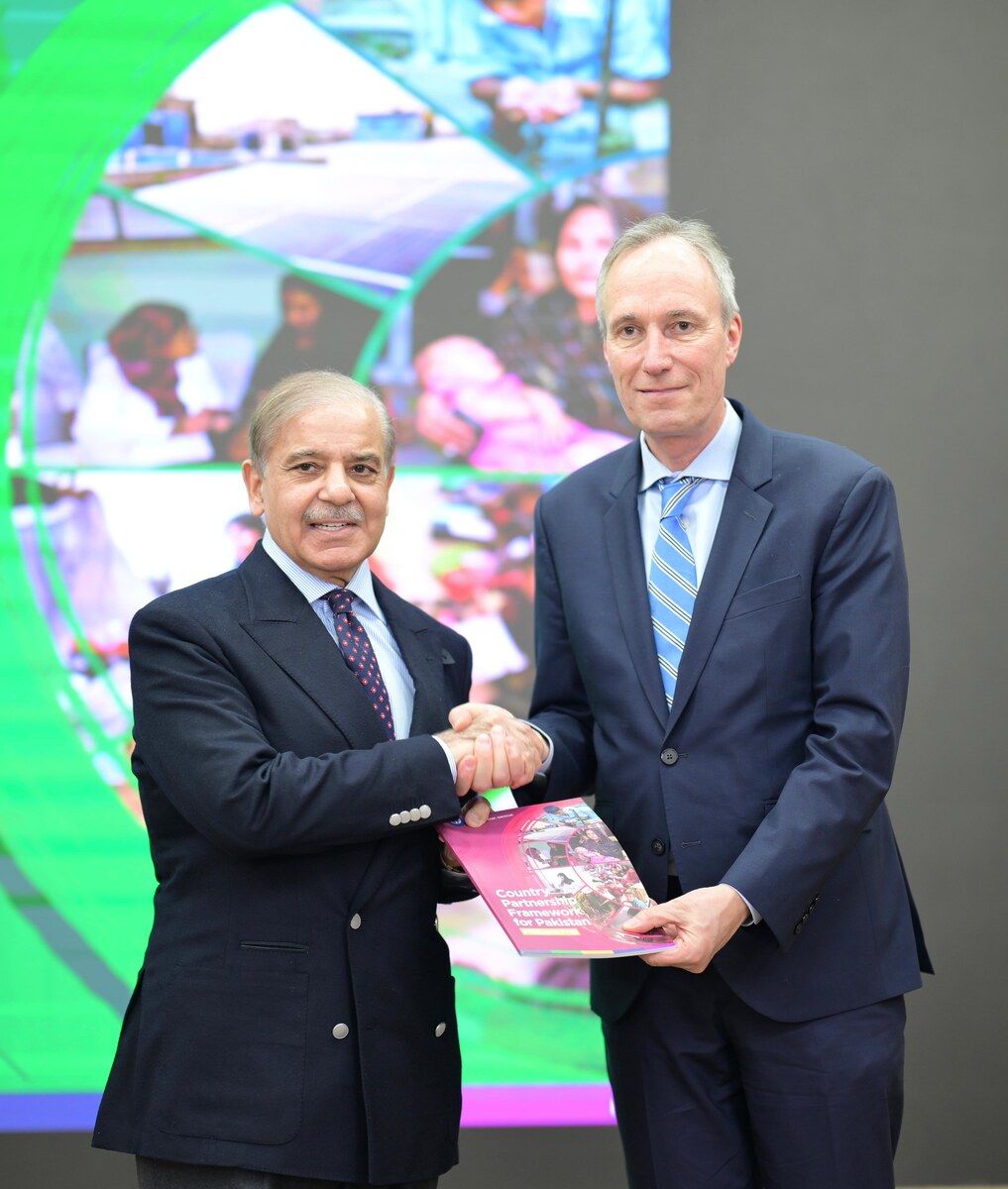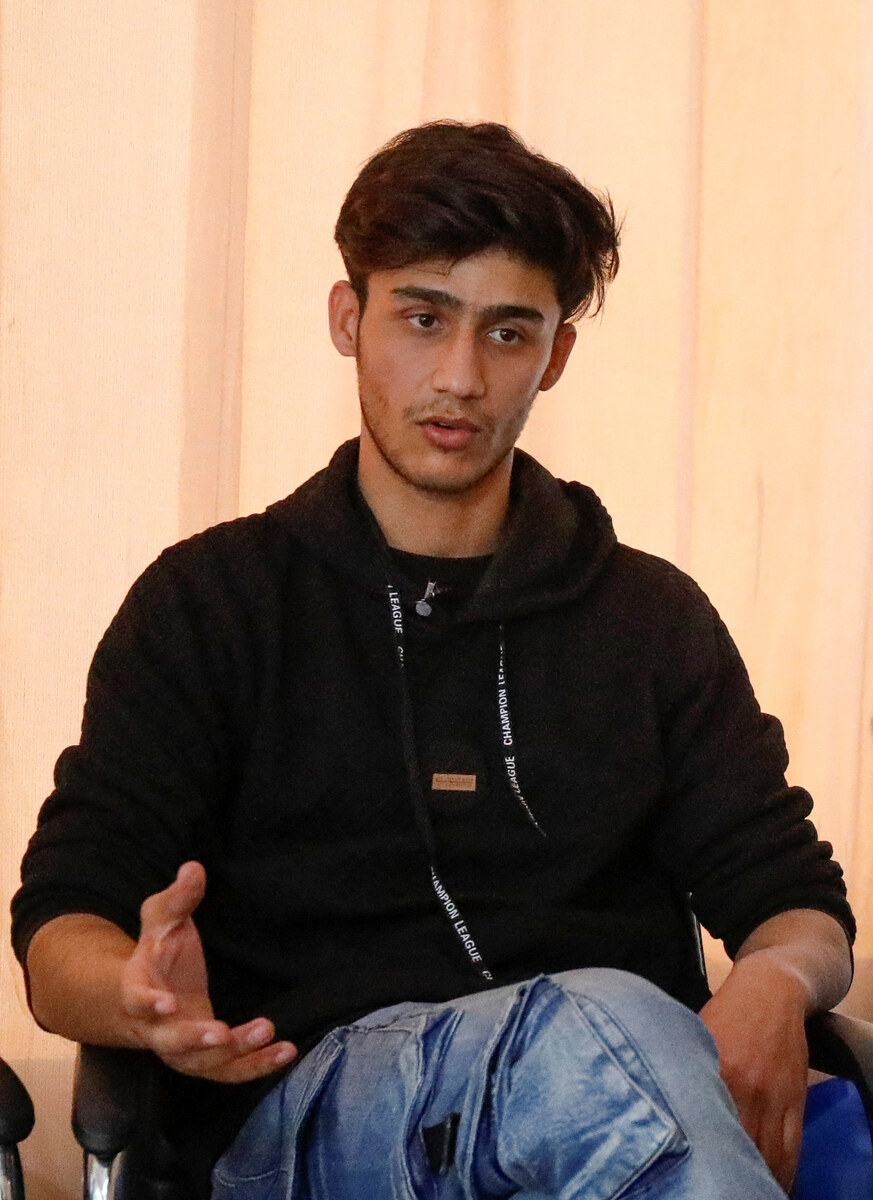ISLAMABAD: Pakistan’s interior minister Rana Sanaullah said on Wednesday the government was trying to curb human trafficking and had devised an action plan to deal with the issue.
Addressing a high-profile workshop in the federal capital, the minister said the current administration took the problem quite seriously and wanted to address it effectively.
Pakistan improved its human trafficking rating earlies this year and was removed from the US state department’s “watchlist” in July. The workshop on Wednesday was organized by the United Nations Office on Drugs and Crime (UNODC) in collaboration with the Federal Investigation Agency (FIA), and it was held under the auspices of EU-funded Global Action to Address Trafficking in Persons and the Smuggling of Migrants (GLO.ACT).
“Our government has a strong political will and commitment to move forward with the work against trafficking in persons,” Sanaullah said while addressing the workshop.
He added the FIA had already developed a National Action Plan against Trafficking in Persons and Smuggling of Migrants (2021–2025) to improve the position of victims and intensify the enforcement of criminal liability.
“If the action plan is implemented in true letter and spirit, it will bring the cases of trafficking in persons to zero in Pakistan,” he said while urging the FIA and provincial bodies to work “in closer coordination” with each and the UNODC to address the issue in Pakistan.
In his welcome remarks, Dr. Jeremy Milsom, the top UNODC representative in Pakistan, said curbing human trafficking and migrants smuggling required a coordinated response at all levels.
He pointed out the Pakistan government had notified provincial and district-level trafficking in person coordination committees earlier this year.
“We, as UNODC, are very pleased with this action by Pakistan and commend the effort,” he said. “We hope that there would be great coordination and synergy among all the stakeholders at all levels.”
Milsom noted there was a need to pursue balanced, progressive and proactive law enforcement to deal with activities that “combat the market forces driving human trafficking and migrant smuggling in Pakistan.”
Mohsin Hassan Butt, FIA director general, said the agency was working to improve identification of potential victims and offering greater support to those who had suffered the consequences of this “abhorrent crime.”
“Trafficking is a gross violation of a person’s basic rights and dignity,” he said. “It disproportionately affects the most vulnerable, especially women and children.”
The FIA official said his department was working jointly with the UNODC and the European Union to enhance support to the victims of trafficking and vulnerable smuggled migrants.
“Our National Action Plan to combat human trafficking and migrant smuggling is victim-centered,” he said. “We are enhancing our ability to act early and help other relevant stakeholders within Pakistan to deal with the issue.”
Mio Sato, the top official of the International Organization for Migrants (IOM) in Pakistan, noted the country’s comprehensive counter-trafficking measures were in line with the 2030 agenda for the Sustainable Development and Global Compact for Safe, Orderly and Regular Migration (GCM).
“It is critical to strengthen partnerships and collaboration among local and national stakeholders in order to ensure efforts are sustainable and holistic,” she said.
Eric Hann, a migration liaison officer, said as part of the EU Strategy on Combatting Trafficking in Human Beings 2021-2025, they were committed to stepping up cooperation with countries of origin and transit.
“This is crucial to ensure a comprehensive approach that includes demand reduction, law enforcement and criminal justice response, and assistance and support to victims, in line with priorities that apply both inside and outside the EU,” he said.
“Through our initiatives like GLO.ACT, we encourage capacity building, prevention, protection of victims, and the dismantling of criminal networks,” he added.
Senior representatives of the FIA, UNODC, the European Union, IOM and conveners, co-conveners, and members of Punjab provincial and district level committees also attended the workshop.

















